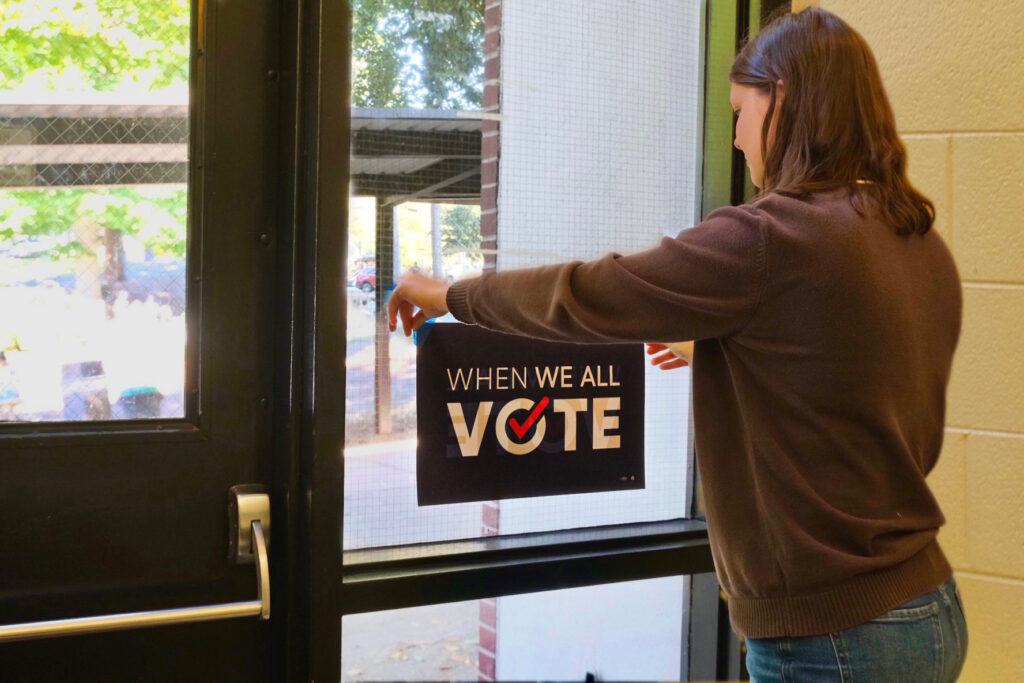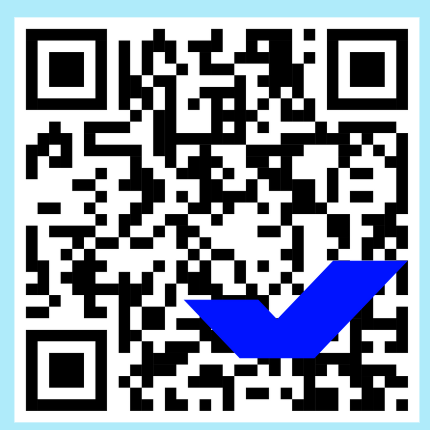By Lilly Zaks
Online Editor
November 5th, 2024—the election of the forty-seventh President of the United States of America. This day will go down in history books, but, for most students, it’s a day to step away from the books.
That’s right, there is no school on Election Day this year. With WS/FCS Superintendent Tricia McManus and the Calendar Committee at the forefront, many factors were considered in this decision.

“This year, as we were looking at the calendar, we knew it would be a big election year,” McManus said. “We knew that our schools would be open as it is state law that schools can be used as polling sites.”
R.J. Reynolds High School is one of the thirty-one public school polling locations in Forsyth County. With this in mind, the district had to prioritize student safety.
“We know that means people will be coming into our schools,” McManus said “Not all of our schools have the ability to block off bases, and so we don’t want our schools open to just everybody during the day. So, we felt that we would make it a teacher work day.”
This day-off idea isn’t a new concept. Juniors Patterson Butler and Helen Wilson proposed a “No School on Election Day” bill during their freshman year Youth & Government conference.
“My bill partner and I wrote this bill mainly as a way to protect schools,” Butler said. “Many public schools are used as a voting space, which allows easy access to strangers who could potentially be dangerous.”
After a vote, Butler and Wilson’s bill was successfully passed into Youth & Government law. Just a mere idea two years ago, they will now see the bill’s impact in reality.
Senior Clara Bryant-Prosterman is also making waves in fostering youth political participation as a student ambassador for My School Votes, a subsection of the national non-partisan and non-profit organization When We All Vote founded by former First Lady Michelle Obama.
“The primary focus of My School Votes is to get high schoolers particularly to vote and get pre-registered, which is possible when you’re sixteen or older,” Bryant-Prosterman said.
To ensure students know how to register or preregister to vote, My School Votes facilitates awareness meetings and provides accessible information to simplify this complicated process.
“Pre-registration is similar to registering to vote,” Bryant-Prosterman said. “You need your social security number or driver’s license, and then you can register or pre-register.”
With this in mind, Bryant-Prosterman hopes to see many RJR students and faculty members at the polls.
“We definitely have seen a big increase in voting among young adults and pre-registration among teenagers,” Bryant-Prosterman said. “I’m very excited to see how that will pan out in November.”

Beyond students’ efforts to promote their voices, the district hopes to help eligible students register and vote.
“If we want change ever, you have to be part of the voting process,” McManus said. “That is so critical. I think we need to encourage that by providing places where kids can register.”
No matter their background, student voices are all weighted equally in this important civic process: one person equals one vote.
“It is our duty as American citizens to participate in elections,” McManus said. “ I think it’s just part of the democratic process, and our students need to learn about it early. And I think having the day off, hopefully, will encourage students to go.”
Not only will this allow teachers and eighteen-year-old students to vote, but it will also allow younger students to enjoy a nice break from school.
“Students have been saying they need time to breathe and to catch up,” McManus said. “Students might be able to catch up on some assignments or spend the day relaxing. Go hang out with friends or go to the polls if you’re eighteen.”
So, before you hit the snooze button on your alarm clock, think about the importance of this election and democracy. If you’re over sixteen, go pre-register to vote; if you’re eighteen, come to school on your off day and cast your vote to make a difference.